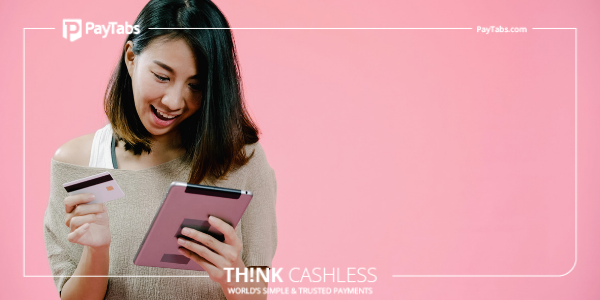Online marketplace vs e-commerce webpage – which one you should turn to?

With an increasing pressure to maintain a good digital presence, sellers are often faced with a dilemma. Whether to invest in one’s own e-commerce website or list products and services on an online marketplace for a fee? Though both are entirely based online, one must be well aware of the differences, pros and cons of both the options. This way, one can make a well-informed decision, best suited to one’s business model. The following are the features, advantages and disadvantages of each of the two options:
- Operating model: An online selling model wins hands down over the traditional brick and mortar shop by way of customer reach and access.
- E-commerce webpage: An e-commerce website is an independent extension of one’s business i.e. an online store. The portal would host the entire product catalogue with brand details and pricing.
- Online marketplace: On the other hand, an online marketplace is where one lists one’s products, along with many sellers, for potential customers to browse and buy. The website owner allows third party sellers to sell to customers in return for a fee.
- Cost dynamics: An e-commerce site needs to be running 24×7 and requires considerable monetary investment and set up time by way of development, design, selection of domain name, hosting services, integrating a shopping cart, content and can then take payments online. It requires hiring of skilled talent to maintain the site and resolve technical issues. There is minimal cost involved in a marketplace, as one can register, upload and sell the products via the digital platform.
- Winning customers: E-commerce requires marketing efforts to build a loyal customer base and ensure sales conversion. However, since it exclusively hosts in-house products, there is potential to earn better margins in case of higher traffic. Further, one can establish direct rapport with customers and send emails on product promotions, discounts or offers. This might result in higher repeat sales. Marketplaces are on the other hand, purely transaction based, and seek to match seller’s products with potential customers. However, since one is competing with several other sellers in the marketplace, one needs to have a good product differentiation or offer discounts to attract customers. In this case, the profit margins might take a hit.
- Brand building: E-commerce offers ample opportunities to develop one’s brand and offer customized products to customers. Marketplaces would uniformly promote all listed products and try to enhance website visitors. One might lose sales to competitor sellers. Thus, there are limited opportunities to engage with customers and develop leads. This is because the payment processing and transaction is handled by the online marketplace.
- Ease of navigation: An e-commerce website offers products based on separate categories. Hence a customer can easily filter the products or search based on a refined criterion to access the listings. Plus, the product universe would be relatively lesser compared to a marketplace, owing to being restricted to a single seller. In case of a marketplace, the products are organized as sets with multiple sellers. Owing to larger data set, the product selection might be a time-consuming process.
- Control aspect: In an e-commerce site, one can control all the aspects of design, content, templates, security aspects, payment mode and integration of payment gateways. There are no limitations on the character limits or guidelines to follow. One can create a unique customer experience and engage better with the customer. There is no flexibility of customization in a marketplace that functions as a one stop shop. Thus, the design, content and templates are as per the choice of the online platform owner. Further, to attract more customers, there may be multiple online payment platforms.
In conclusion, you need to remember that a one size fits all concept never works in business. An online marketplace might help increase sales conversion in case of a relatively new business. On the other hand, in case of a business with an established client base, it would make sense to operate an in-house e-commerce portal. One must take a suitable decision based on the vendors’ business model, nature of products, specific needs, client base and pricing model.




